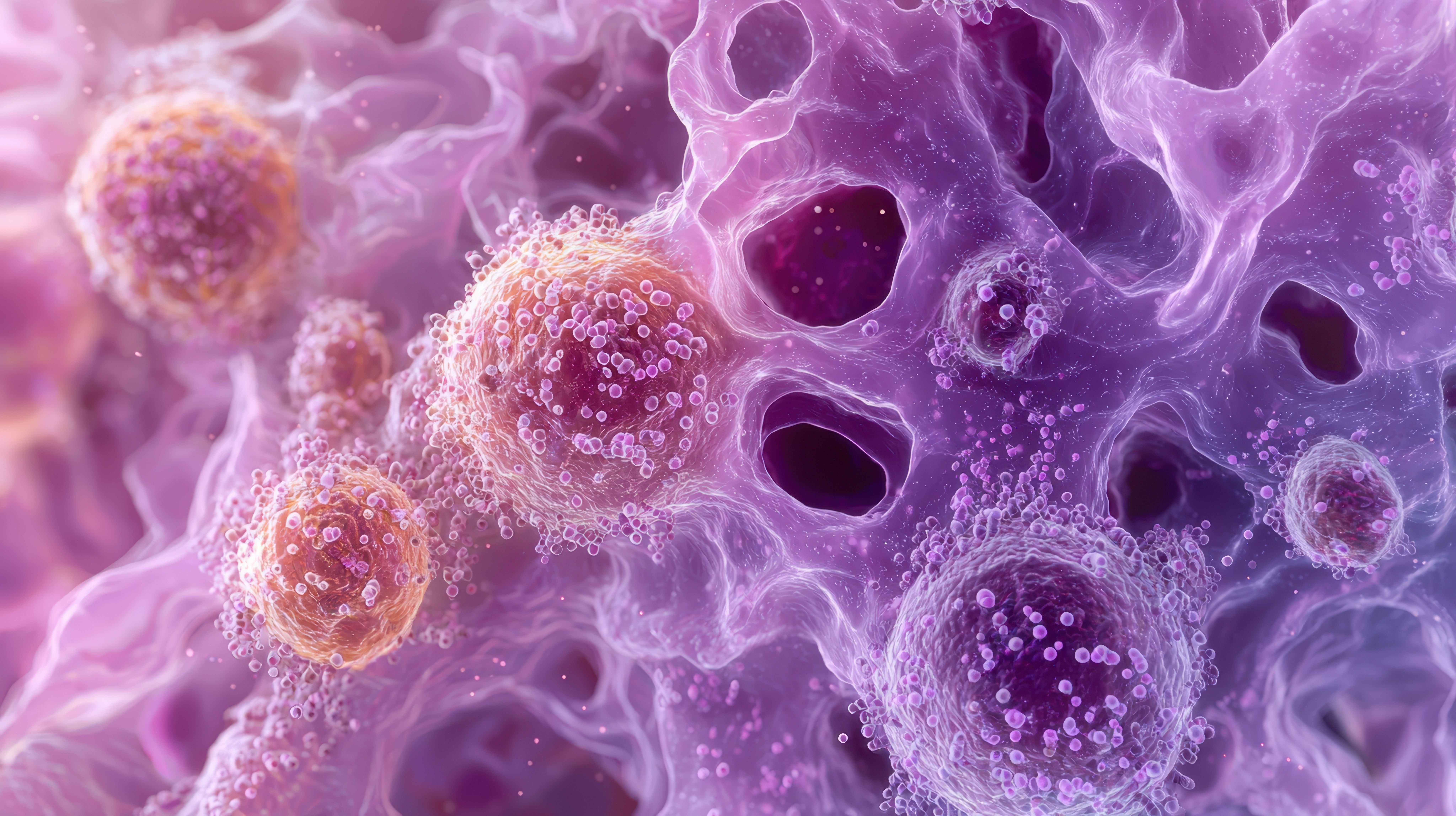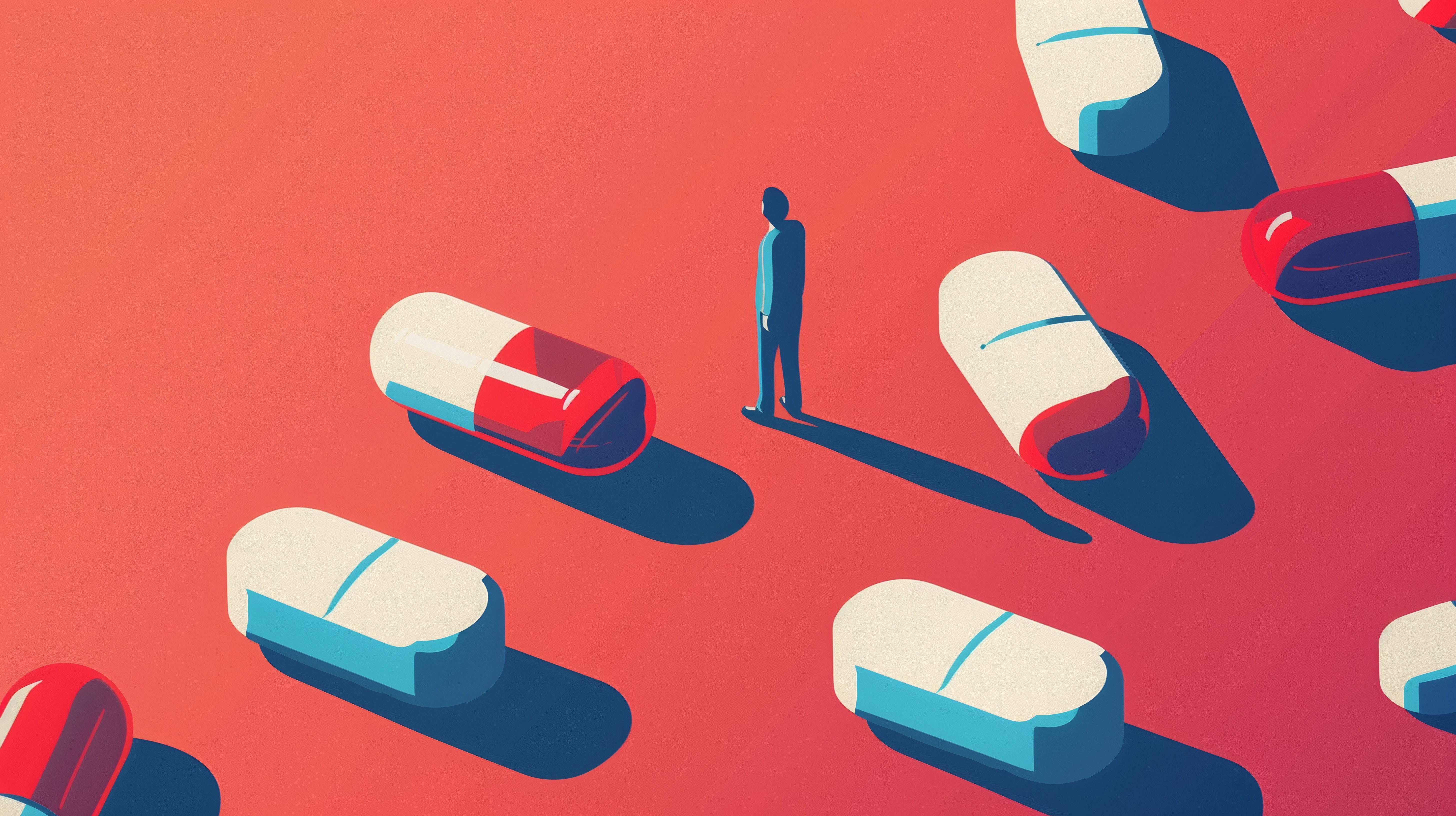Article
Preventing Melanoma Induced by UV Light Before it Happens
Author(s):
Heat shock protein inhibitors may stop proteins involved in cancer cell survival.
Heat shock protein inhibitors may stop proteins involved in cancer cell survival.
Although ultraviolet (UV) light exposure is a known risk factor for development of melanoma, the utility of sunscreens for prevention of melanoma is less certain. Some guidelines recommend covering skin entirely, rather than relying on sunscreens for melanoma prevention.
Now, investigators may be able to improve on sunscreens by adding a topical agent with cancer-preventive properties. The treatment, which has the chemical name 17-[allylamino]-17-demethoxygeldanamycin, is better known by the acronym 17AAG. The drug works as a heat-shock protein 90 inhibitor and has well-documented efficacy for preventing squamous cell carcinomas in mice.
Through all steps of cancer formation--from tumor initiation, to promotion, to full carcinogenesis--the topical compound appeared to delay or even arrest these pathogenic steps resulting from UV exposure.
This result is the culmination of nearly 20 years of study attempting treatments with many different types of compounds in animal models as chemopreventive agents against skin cancer, from phytochemicals, to plant products, to synthetic drugs (including 17AAG).
Heat shock protein inhibitors may prevent the proteins from enabling activation of protein kinase Ce, which is involved in cell transformation, cell proliferation, and survival--including survival of cancer cells.
By targeting Hsp90 early--before carcinogenesis occurs--targeted therapy may be more effective than currently available treatments, which have shown efficacy, but only as modest several-month improvements in progression-free and (sometimes) overall survival in patients who already have cancer.
A prior clinical trial with the oral heat shock protein inhibitor geldanamycin for prevention of skin cancer never reached the market due to liver toxicity concerns. With topical administration 17AAG, researchers may finally have overcome this difficulty. To date, no liver toxicity issues have been identified, and phase II trials are in progress.
References
- Katiyar SK. Hsp90 inhibitor can inhibit UV carcinogenesis. J Invest Dermatol. 2015;135(4):945-947.
- Protein Databank. HSP90 Structure. http://www.rcsb.org/pdb/101/motm.do?momID=108. Accessed July 2015.
Newsletter
Stay informed on drug updates, treatment guidelines, and pharmacy practice trends—subscribe to Pharmacy Times for weekly clinical insights.





